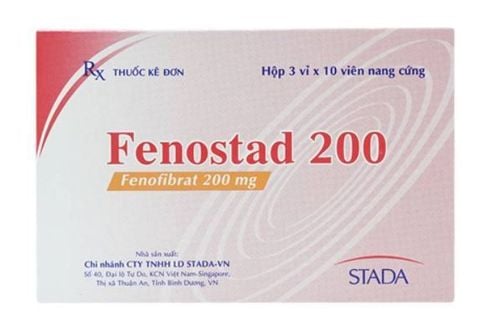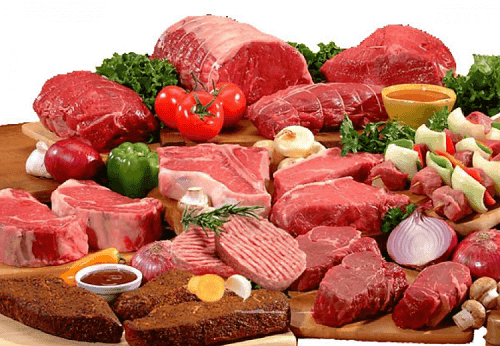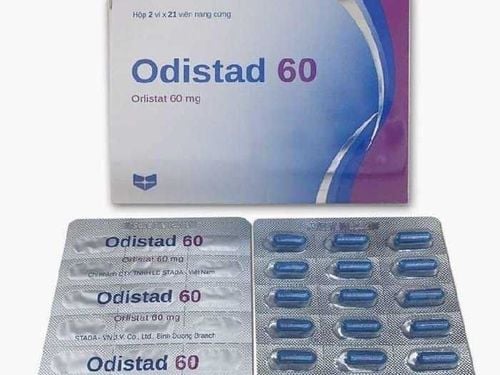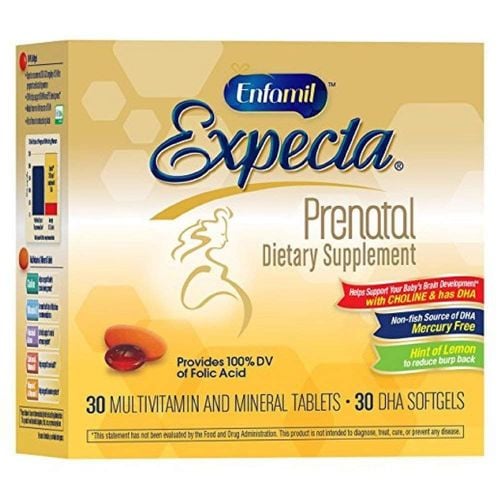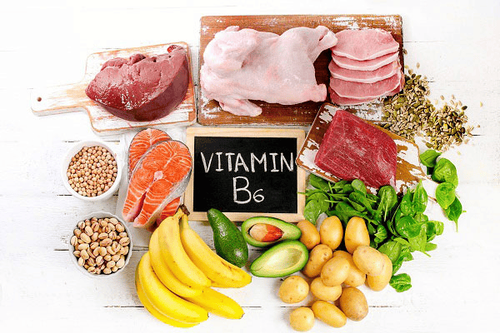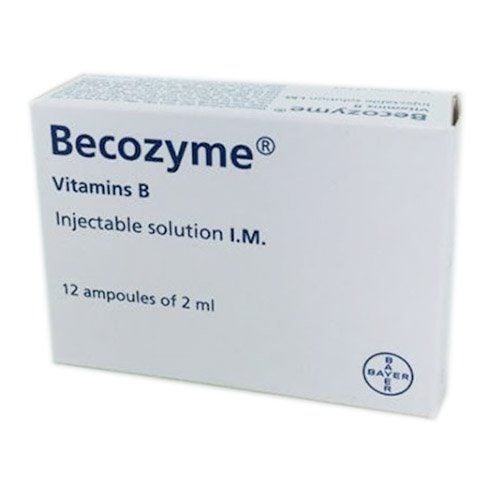This is an automatically translated article.
Beef is one of the most popular and frequently consumed meats in the daily diet. This meat is especially rich in high-quality protein, along with other important vitamins and minerals. With such nutritional value, beef can help improve muscle growth and maintenance, while enhancing your athletic performance.
1. Nutritional value of beef
Beef is a good source of high-quality protein along with various fats. Here is the nutritional information for a 100-gram serving of beef, including:
Calories: 217 Protein: 26.1 grams Water: 61% Sugar: 0 grams Carbs: 0 grams Fiber: 0 grams Fat: 11 ,8 grams 1.1. The amount of protein in beef Beef mainly consists of protein, also known as protein. Protein content in 100g of cooked lean beef is usually around 26-27%. In general, animal proteins are high-quality sources of protein, containing all 9 essential amino acids, which are essential for the growth and maintenance of your body's functions. From a health perspective, amino acids are very important and are the building blocks of proteins. Their composition in protein also varies widely, depending on the food source.
The amount of protein in beef is considered the most complete protein source and its amino acid composition is also close to that of muscle. For this reason, consuming beef or other sources of animal protein can have many health benefits for you, especially those who have had surgery or athletes in recovery. body.
In addition, beef contains the protein needed to gain muscle, so when you follow a diet that includes beef and incorporate strength training exercises can help you maintain and build mass. your muscle mass.
1.2. Fat in beef Beef not only provides an abundant amount of protein needed to gain muscle, but also contains many different fats, also known as beef fat. In addition to adding flavor to beef, fat also helps significantly increase the calories in this meat.
Similar to the amount of protein in beef, the fat content will depend on the age, breed, sex and feed of the cow. Processed beef products, such as hot dogs, tend to be high in fat.
Lean beef usually provides about 5-10% fat, which consists mainly of saturated fat and monounsaturated fat, with similar content. Some of the main fatty acids in beef are oleic acid, stearic acid, and palmitic acid.
Unlike industrially produced trans fats, the natural trans fats of ruminants such as bovine are generally considered healthier, the most common being conjugated linoleic acid (CLA). Overall, CLA can provide a variety of health benefits, including weight loss. However, supplementing with large amounts of CLA can be harmful to the body's metabolism.
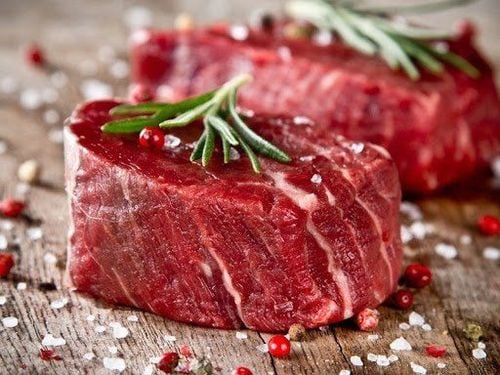
Lượng chất béo và lượng protein trong thịt bò giúp tăng lượng calo cho người dùng
1.3. Vitamins and minerals in beef Beef not only provides a lot of fat, the amount of protein needed to gain muscle, but also a rich source of vitamins and other essential minerals, including:
Vitamin B12: Food Animal products such as beef should be the sole source of vitamin B12 in your diet. Vitamin B12 is a very important nutrient for the formation of your blood, nervous system, and brain. Zinc: Beef is rich in zinc – a mineral that plays an important role in the development and maintenance of many processes in the body. Iron: The iron in beef is mainly in the form of heme, so your body is able to absorb it very efficiently. Selenium: Beef is a very rich source of selenium, a trace element that is essential for many different bodily functions. Vitamin B6: Many people choose to consume beef because it provides a sufficient amount of protein needed to gain muscle as well as an abundant source of B vitamins, especially B6. Vitamin B6 plays a very important role in energy metabolism and blood formation in the body. Niacin (vitamin B3): Is one of the B vitamins, plays many different important roles in the body. A niacin deficiency can increase your risk of heart disease. Phosphorus: The high amount of phosphorus in beef is essential for the growth and maintenance of bodily functions. 1.4. Other compounds in beef Similar to plants, animal meat also contains a number of antioxidants and probiotics, which can have many positive health effects when consumed in adequate amounts. .
With the rich nutritional composition, including many fats, vitamins, minerals and protein in high-quality beef, can bring a variety of health benefits. Moreover, beef also contains many other prominent compounds, including:
Taurine: An antioxidant amino acid and abundant in energy drinks. Taurine can be produced by the body and is important for muscle and heart function. Creatine: The abundant creatine in beef is considered an excellent source of energy for muscles. It is especially beneficial for those who are bodybuilders and want to develop or maintain muscle. Therefore, you should consume beef regularly to supplement creatine and the amount of protein needed to gain muscle quickly. Glutathione: This is a powerful antioxidant found in grass-fed beef. Cholesterol: Beef also contains significant amounts of cholesterol, however dietary cholesterol usually has little effect on blood cholesterol and is not a health concern.
2. What are the health benefits of beef?
Beef is a great source of high-quality protein along with many other vitamins and minerals. Therefore, it is considered an indispensable food for a healthy diet.
2.1. Helps maintain muscle mass Like all meats, beef is a complete protein source, containing most of the essential amino acids. Some people, especially older adults, often don't consume enough high-quality protein. This can accelerate age-related muscle decline and cause myasthenia gravis.

Lượng protein trong thịt bò giúp duy trì khối lượng cơ
Another serious health problem in older adults is sarcopenia, which can be prevented or improved through strength training or increasing the amount of protein in the diet. The best sources of protein are usually animal-based, such as meat, beef, fish, and dairy products.
For people who are adopting healthy lifestyles, a moderate amount of beef protein can help maintain muscle mass and reduce the risk of muscle pain.
2.2. Helps Improve Exercise Performance Carnosine is an essential compound for muscle function. It is made in the body from beta-alanine, an amino acid found mainly in fish and meat, including beef. High doses of beta-alanine supplementation for 4 to 10 weeks has been shown to increase muscle carnosine levels by 40 to 80%. In contrast, a strict diet can reduce the amount of carnosine in muscles over time.
In human muscle, high carnosine content can help reduce fatigue conditions, while effectively improving exercise performance. In addition, many health care professionals claim that beta-alanine supplementation also helps prolong running time and muscle strength.
2.3. Prevent anemia Anemia is a common health problem, characterized by a decrease in the number of red blood cells and the blood's ability to carry oxygen. One of the main causes of anemia is iron deficiency, which can cause typical symptoms like weakness or fatigue.
Not only provides an abundant amount of protein needed to gain muscle, beef is also a rich source of heme iron - a form of iron with high biological value. Our bodies are able to absorb heme iron much more efficiently than the iron found in plant-based foods. Some studies have shown that eating beef regularly can enhance the absorption of iron from plant foods even at meals containing iron absorption inhibitors, such as phytic acid. Therefore, eating beef is considered one of the best ways to help you prevent iron deficiency anemia.
Once you know the amount of protein in beef, you can consider and add beef to your daily diet to be reasonable and healthy.
Please dial HOTLINE for more information or register for an appointment HERE. Download MyVinmec app to make appointments faster and to manage your bookings easily.
Reference source: healthline.com - webmd.com



